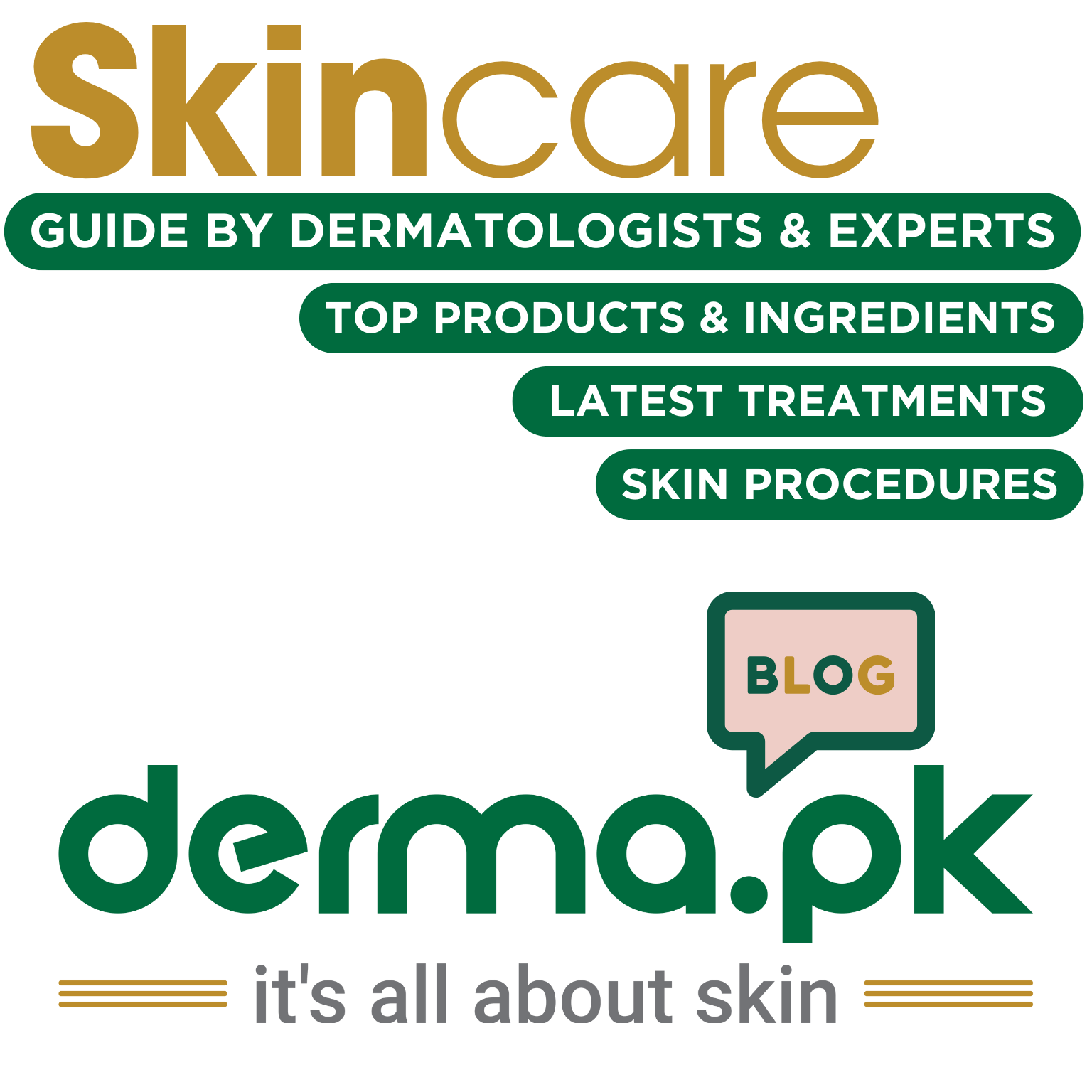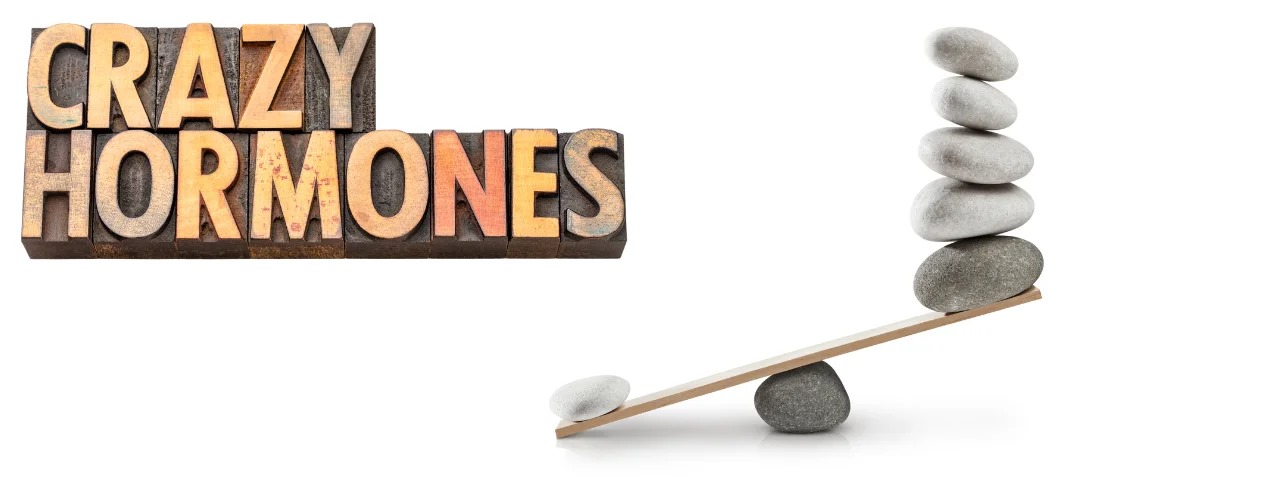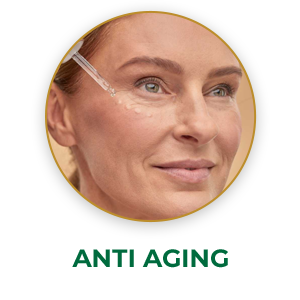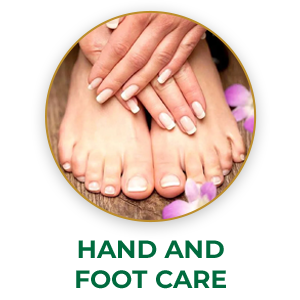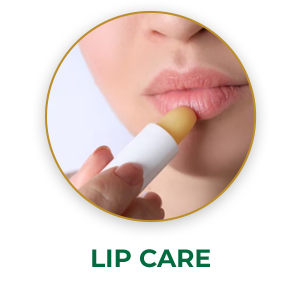Hormones play a crucial role in regulating various bodily functions, from mood and sleep to metabolism and reproduction. When these hormones become imbalanced, it can lead to a cascade of physical, emotional, and mental health issues. This article will delve into the world of hormonal imbalance in women, covering its signs, common causes, and potential solutions
A hormonal imbalance occurs when there is too much or too little of one or more hormones in the body. Hormones are chemical messengers that play a vital role in regulating various bodily functions, including metabolism, growth, development, reproduction, mood, and sleep.
Causes of Hormonal Imbalance:
Several factors can contribute to hormonal imbalances, including:
- Age: Hormone levels naturally fluctuate throughout life, with significant changes occurring during puberty, pregnancy, and menopause.
- Stress: Chronic stress can disrupt the delicate balance of hormones, particularly cortisol, which can negatively impact other hormonal functions.
- Diet and exercise: Poor diet and lack of exercise can contribute to hormonal imbalances by influencing insulin sensitivity and metabolism.
- Underlying medical conditions: Certain medical conditions, such as thyroid disorders, polycystic ovary syndrome (PCOS), and adrenal gland disorders, can directly affect hormone production.
- Medications: Some medications can have hormonal side effects, leading to imbalances.
- Environmental factors: Exposure to toxins and environmental pollutants can disrupt hormone regulation.
Signs and Symptoms of Hormonal Imbalance:
The specific signs and symptoms of a hormonal imbalance can vary depending on the type and severity of the imbalance. However, some common symptoms include:
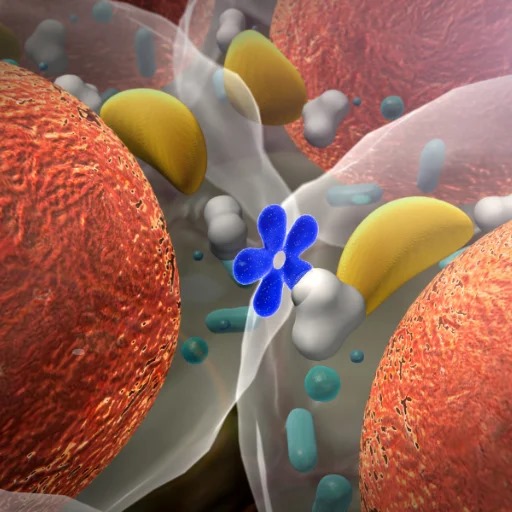

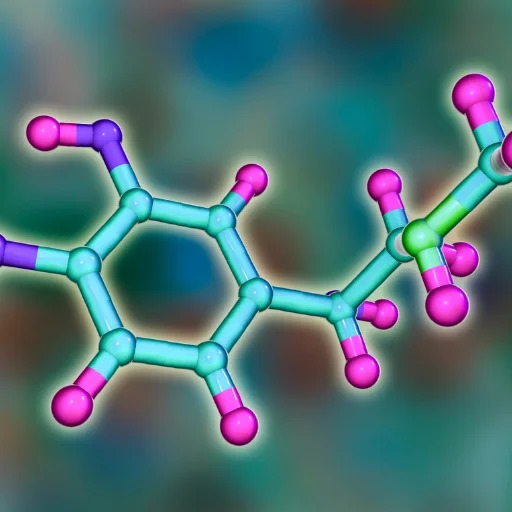
- Menstrual irregularities: This can include heavy or irregular periods, amenorrhea (absence of periods), and premenstrual syndrome (PMS) with severe symptoms.
- Changes in mood and energy: Hormonal imbalances can contribute to anxiety, depression, fatigue, and irritability.
- Skin and hair changes: Acne breakouts, oily skin, excessive hair growth, or hair loss can be indicators of hormonal imbalance.
- Weight fluctuations: Difficulty losing weight or unexplained weight gain can be a symptom of hormonal imbalance.
- Sleep disturbances: Difficulty falling asleep, staying asleep, or experiencing restless sleep can be linked to hormonal imbalances.
- Changes in libido: Decreased sex drive or difficulty achieving orgasm can be associated with hormonal imbalances.
The Skin-Hair Connection: How Hormonal Imbalance Impacts Your Appearance
Our bodies are intricate ecosystems, and everything is connected. This is particularly true for our skin and hair, which are directly influenced by the delicate balance of hormones. When hormones become imbalanced, it can manifest in various ways, including unwelcome changes in your skin and hair health.
Understanding the Hormonal Connection:
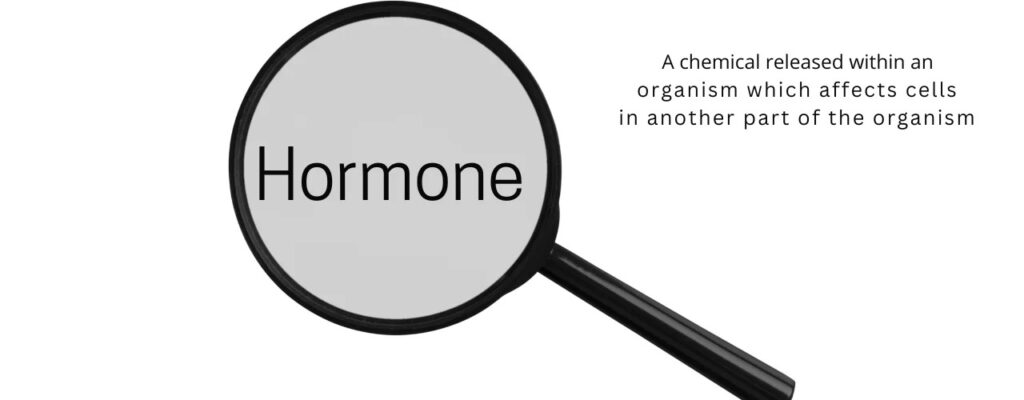
Various hormones play a crucial role in maintaining healthy skin and hair. Estrogen, progesterone, androgens (like testosterone), and thyroid hormones all contribute to:
- Sebum production: This oily substance lubricates your skin and hair, but hormonal imbalances can lead to excessive oiliness or dryness.
- Cell growth and regeneration: Hormonal fluctuations can affect the rate at which skin cells regenerate, leading to dullness, wrinkles, or slower hair growth.
- Inflammation: Certain hormones can influence inflammatory processes, contributing to acne breakouts, scalp irritation, and other skin concerns.
Common Skin and Hair Changes Due to Hormonal Imbalance:
- Acne: Hormonal imbalances, particularly during puberty, pregnancy, and menopause, can trigger acne breakouts.
- Excessive hair growth (hirsutism): Increased androgen levels can lead to unwanted hair growth on the face, chest, back, and other areas.
- Hair loss (alopecia): Hormonal fluctuations can disrupt the hair growth cycle, leading to thinning hair or bald patches.
- Dry, flaky skin: This can occur due to decreased estrogen levels, which affect skin hydration and oil production.
- Oily skin: Increased androgen levels can stimulate sebum production, leading to oily skin and clogged pores.
- Dull, uneven skin tone: Hormonal imbalances can affect melanin production, causing hyperpigmentation and uneven skin tone.
- Brittle nails: Hormonal fluctuations can affect nail health, leading to brittleness and breakage.
Identifying the Underlying Cause:
The key to managing the impact of hormonal imbalance on your skin and hair is to identify the underlying cause. This may involve:
- Consulting a doctor: They can assess your symptoms, perform tests, and diagnose any underlying medical conditions contributing to the hormonal imbalance.
- Keeping a diary: Monitoring your cycle, lifestyle habits, and skin and hair changes can help identify potential triggers.
- Dietary analysis: Evaluating your diet can reveal any nutritional deficiencies that may be contributing to hormonal imbalances.
Managing hormonal imbalance:
Once the root cause is identified, various strategies can help manage hormonal imbalances and improve your skin and hair health:
- Lifestyle changes: Maintaining a balanced diet, regular exercise, and stress management techniques can significantly impact hormonal balance.
- Hormone therapy: For conditions like menopause or PCOS, hormone replacement therapy may be recommended.
- Medications: Certain medications can target hormonal imbalances and address specific skin and hair concerns.
- Natural remedies: Supplements, herbs, and other natural approaches may offer additional support under medical supervision.
- Skin care routine: Choosing gentle, non-irritating skin care products formulated for your skin type can make a positive difference.
- Hair care routine: Adapting your hair care routine to address specific concerns like dryness, oiliness, or hair loss can improve hair health.
Seeking Professional Guidance:
It’s crucial to seek professional guidance from a doctor or healthcare professional if you suspect a hormonal imbalance. They can perform tests to diagnose the underlying cause and recommend appropriate treatment options.
Remember:
Hormonal imbalances can be complex and affect various aspects of your health. By understanding the signs, causes, and potential solutions, you can take proactive steps to manage your hormonal health and improve your overall well-being.
Additional Resources:
- American Academy of Dermatology: https://www.aad.org/public/diseases
- National Institute of Environmental Health Sciences: https://pubmed.ncbi.nlm.nih.gov/35255767/
- The North American Menopause Society: https://www.menopause.org/
By taking control of your hormonal health, you can empower yourself to achieve healthy, beautiful skin and hair that radiate confidence.
Conclusion:
While hormonal imbalances can impact your skin and hair, taking a proactive approach to managing them can help restore your natural radiance. By understanding the hormonal connection, seeking professional guidance, and incorporating healthy lifestyle habits, you can regain confidence in your skin and hair. Remember, communication is key – don’t hesitate to discuss your concerns with a healthcare professional for personalized advice and treatment options
Derma and dental clinic:
Derma & Dental Clinic, located in Bahria Town, Lahore, offers exceptional dermatological and dental care with a team of highly qualified doctors. They provide a range of medical-grade procedures tailored to your needs, including Carbon Facial, Mesotherapy, lasers, and more. Book your consultation today and experience the journey to rejuvenated skin and dental health!
Getting an Appointment at Derma & Dental Clinic:
There are several ways to book an appointment at Derma & Dental Clinic:
Online:
- Website: Visit their website at https://www.facebook.com/Dermaclinicskin/ and click on the “Book Appointment” button. You can choose your preferred doctor, date, and time slot.
- Derma.pk: Visit their online store, Derma.pk, and click on the “Book Appointment” option. This platform allows you to easily find available appointments and book them online.
Phone:
- Call them: You can directly call the clinic at the following numbers:
- UAN: 0304-111-5000
- WhatsApp: +92-320-5999-650
Walk-in:
You can also visit the clinic in person during their operating hours to schedule an appointment.
